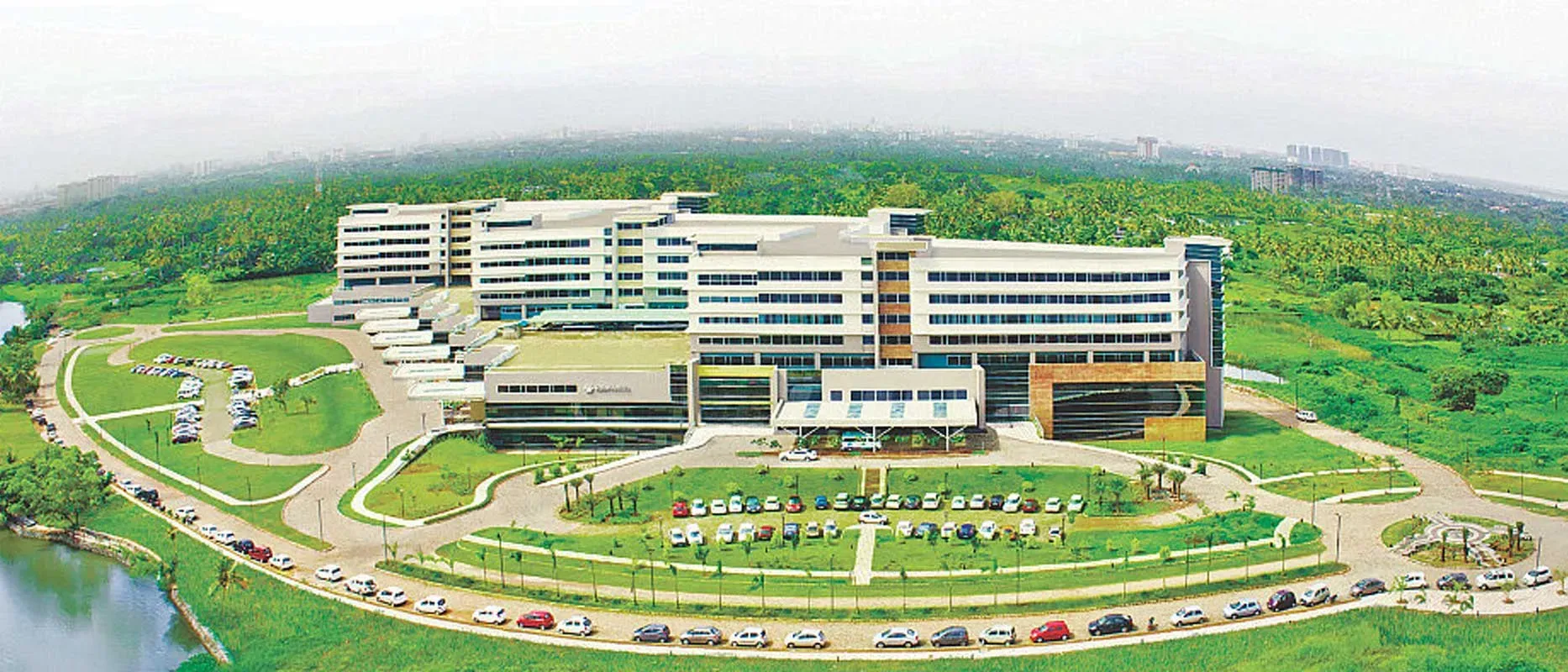Overview of Retina Surgery Treatment India
Retina is a thin tissue placed like a screen at the back of our eyes, where an image is formed. Sometimes this layer gets torn apart from the adjacent tissues. Find out the causes, implications, retina surgery, and more. Also, you can contact Ortil Healthcare. Our eye is made up of parts such as the cornea, iris, lens, retina, pupil and optic nerve majorly. The retina is a vital part of the eye where light forms an image of the object we are looking at. The neural signals of this image are then sent to the brain for identification and recognition. Any kind of disorder related to the retina may lead to blindness. The treatment usually is retina surgery.
Types of Retina Surgery Treatment India
Here are some common conditions related to the retina that you should be aware of:
01. Retinal Tear - Breakage of retinal tissue due to shrinkage of vitreous fluid in the eye.
02. Retinal Detachment - This occurs when the fluid passes through the retinal tear leading to separation of the retinal layer.
03. Diabetic Retinopathy - Leakage of blood or fluid from the capillaries beneath the retina causing swelling of the retina and blurred vision.
04. Epiretinal Membrane - The membrane lying on top of the retina pulls up the retina causing blurred vision.
05. Macular Degeneration - The centre of the retina starts deteriorating causing a blind spot in the centre of the visual field.
06. Macular Hole - A minor defect in the centre of the retina as a result of an injury.
07. Retinitis Pigmentosa - Degenerative genetic disorder of retina leading to loss of night and peripheral vision.
If you have been noticing any of the above symptoms or diagnosed with any retinal disorder, feel free to consult Ortil Healthcare. Our team provides you with a number of options for the top eye hospitals providing high-quality treatment at cost-effective prices.
Retinal Detachment
Retinal detachment is a severe condition caused by detachment of the retina from other layers. This condition usually follows a retinal tear. After the retinal tears occur, the fluid from the eye flows through the torn area and gets collected behind the retina. This fluid pulls apart the retina from other layers and causes vision distortion. The extent of damage is determined by the degree of detachment and the involvement of the central part of the retina. The central part or the macula comprises special nerve cells needed for sharp focused vision.
Retinal Detachment Treatment
Small retinal tears can be treated with minor procedures while larger detachments can only be repaired with surgery. Here are some commonly done retinal detachment treatment options:
01. Laser or Photocoagulation - If most of the retinal surface is intact with a small hole or tear, it can be repaired by laser. The site is burnt and the scar gets repaired.
02. Cryopexy (freezing) - This involves freezing the torn site at a very low temperature. A freezing probe is applied from the outer surface of the eye in the area of retinal tear. The scar will be held in place.
03. Pneumatic Retinopexy - A small gas bubble is administered into the vitreous fluid which puts pressure against the upper part of the retina helping in closure of the tear. Once the retina is in place, the hole is sealed by using a laser or freezing. The patients head needs to be held in a fixed position for several days after the procedure.
04. Scleral Buckle - A silicone band is placed around the sclera (white part of the eye), which exerts a pushing force towards the retinal detachment site until it is closed completely. The band is placed permanently and is invisible. This is generally done in combination with other procedures like vitrectomy, retinopexy, or cryopexy.
05. Vitrectomy - This is done to treat large areas of detachment. The vitreous fluid is removed and replaced by a gas bubble or oil. This is mostly an outpatient procedure but involves anesthesia. This is also done along with cryopexy or retinopexy. The patient needs to hold the head in a fixed position for some time after the surgery.
Diagnosis of Retina Surgery Treatment India
Common Signs and Symptoms
Here are some of the common retinal detachment symptoms:
01. The sudden appearance of floaters
02. Flashes of light in one or both eyes
03. Blurry vision
04. Reduced or loss of peripheral vision
05. Presence of a curtain in front of the eyesight
Retinal Detachment Causes
Based upon the causes which are responsible, retinal detachment is of the following types:
01. Rhegmatogenous - This is the most common types of retinal detachment. It is caused by a tear or a hole in the retina, through which fluid can flow and accumulate under the retina. The areas of detachment are deprived of the blood supply and stop working. The most common reason is ageing in which the gel-like substance in the eyes (vitreous) shrinks and gets separated from the retina leaving behind torn retina. In most cases, the separation of this liquid does not cause any complication and is known as Posterior Vitreous Detachment (PVD).
02. Tractional - This kind of retinal detachment occurs when a scar develops on the retinal surface creating a pulling force in the retina away from the eye. This is seen with people with uncontrolled diabetes or other such disorders.
03. Exudative - In this case, the fluid gets collected under the retina without any holes and tears. The most common causes are macular degeneration, eye injury, tumour, or any other inflammatory condition.
How is it diagnosed?
Find below step-by-step retinal detachment and retinal tear diagnosis.
If you notice any of the aforementioned symptoms or your general doctor suspects retinal detachment, you are likely to get referred to an ophthalmologist who will perform the following tests:
01. A detailed medical history and clinical examination of the eye where the doctor will evaluate vision, eye pressure, any physical sign, and look for color blindness.
02. Retinal functioning to send impulses to the brain
03. Blood flow throughout the eye
04. Ultrasound of the eye
Symptoms and Risk factors
Risks or Complications
Mostly the risk is associated with the type of anesthesia. If general anesthesia is used, there may be some issue with breathing or a reaction to the medication. Some other complications are:
01. Infection
02. Bleeding
03. Glaucoma (increased pressure in the eye)
04. Fogginess in lens of the eye
If you are planning to get eye surgery in India, you must consult Ortil Healthcare. We get you some of the best eye surgeons who make sure to discuss with you all the possibilities of complications and take adequate measures to minimize their occurrence.
Top Hospitals for Retina Surgery in India
Shaping the future of the healthcare institution and establishing the path to accomplishment.
Gleneagles Global Hospital Richmond Road Bangalore Bengaluru,India
Book Appointment
Top Doctors for Retina Surgery in India
Empower your Health with the Expertise of Leading Medical Professionals.
Treatment Costs for Retina Surgery
Be the change and be an opportunist in transforming healthcare.
How it's Works
Guiding your Journey from Discovery to Treatment Planning and Beyond.
Discovery
Get a consultation to discover about your treatment
Pre-Treatment
Admission to the best hospital and all pre-treatment facilities
Post Treatment
Get post-treatment follow-up care with medicine fulfillment
Treatment Planning
Hassle-free treatment planning with package & cost estimations
in-treatment
world-class quality procedures and equipment for treatment
























